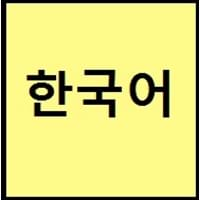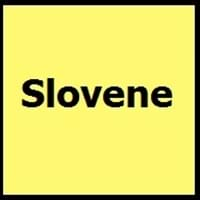Korean vs Slovene
- Korean has borrowed words from English and Chinese.
- Korean has two counting systems. First, is based on Chinese characters and numbers are similar to Chinese numbers, and second counting system is from words unique to Korea.
- The Freising Monuments is the oldest preserved records of written Slovene from 10th century.
- The first Slovene book was printed in 1550.
Korean and Slovene Language History
Comparison of Korean vs Slovene language history gives us differences between origin of Korean and Slovene language. History of Korean language states that this language originated in Before 1st century whereas history of Slovene language states that this language originated in 972-1093. Family of the language also forms a part of history of that language. More on language families of these languages can be found out on Korean and Slovene Language History.
Korean and Slovene Greetings
People around the world use different languages to interact with each other. Even if we cannot communicate fluently in any language, it will always be beneficial to know about some of the common greetings or phrases from that language. This is where Korean and Slovene greetings helps you to understand basic phrases in Korean and Slovene language. Korean word for "Hello" is 안녕하세요. (annyeonghaseyo.) or Slovene word for "Thank You" is Hvala. Find more of such common Korean Greetings and Slovene Greetings. These greetings will help you to be more confident when conversing with natives that speak these languages.
Korean vs Slovene Difficulty
The Korean vs Slovene difficulty level basically depends on the number of Korean Alphabets and Slovene Alphabets. Also the number of vowels and consonants in the language plays an important role in deciding the difficulty level of that language. The important points to be considered when we compare Korean and Slovene are the origin, speaking countries, language family, different greetings, speaking population of these languages. Want to know in Korean and Slovene, which language is harder to learn? Time required to learn Korean is 88 weeks while to learn Slovene time required is 44 weeks.





